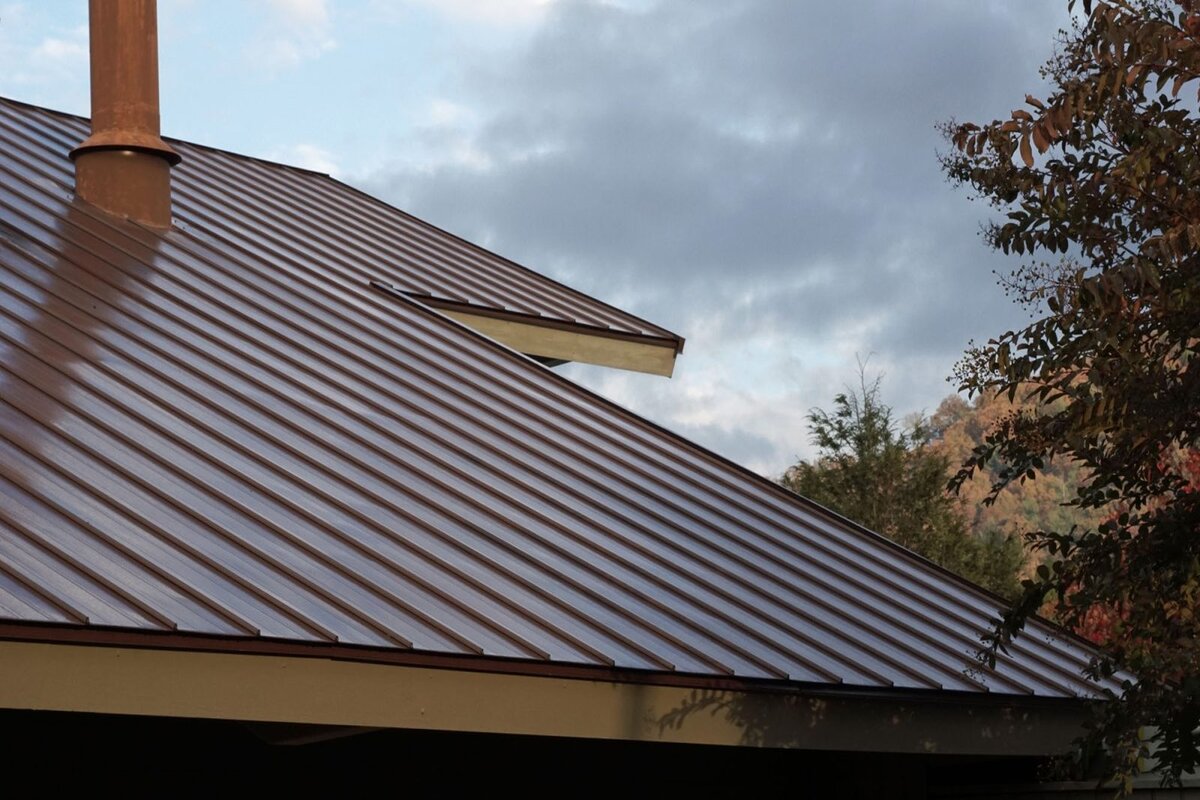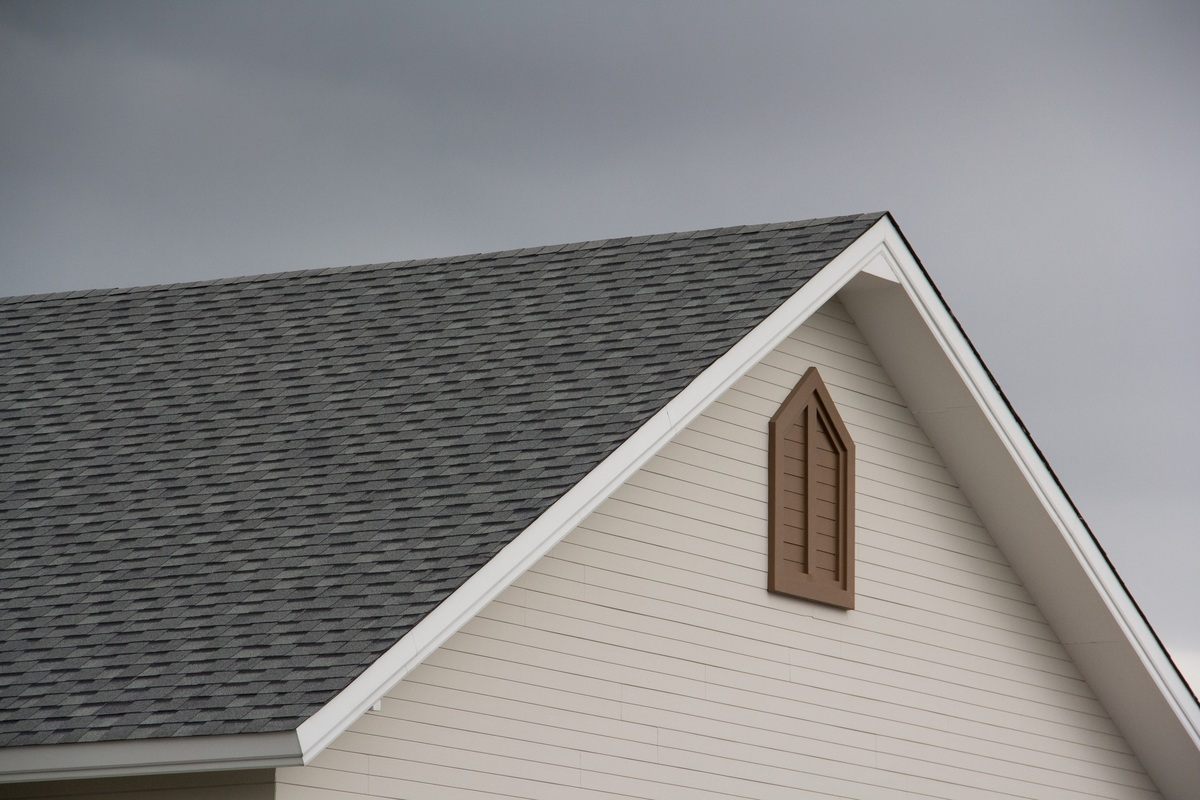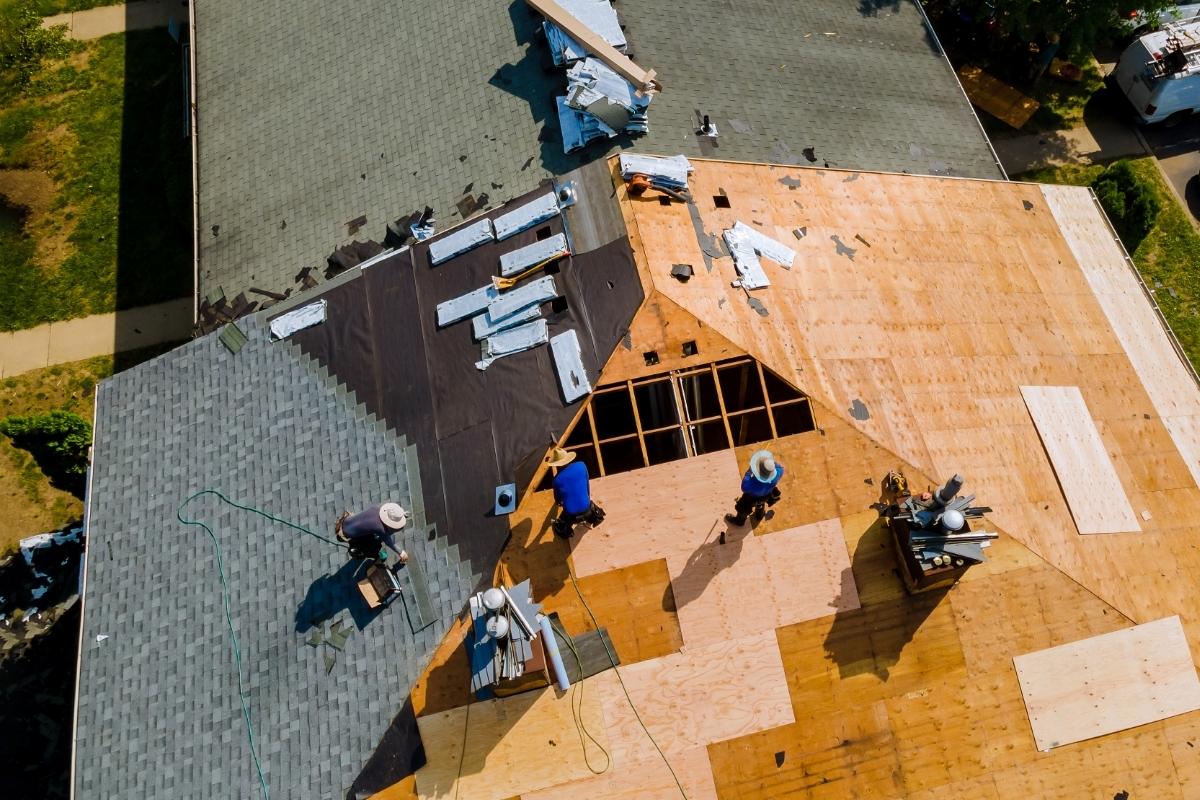When it comes to choosing a roofing material, homeowners and builders often seek options that combine durability, longevity, and value. Among the various choices, metal roofs stand out for their impressive lifespan and resilience. But exactly how long does a metal roof last? In this article, we’ll explore the longevity of metal roofs, the factors that influence their lifespan, and why they might be the perfect choice for your home.
What Determines the Lifespan of a Metal Roof?
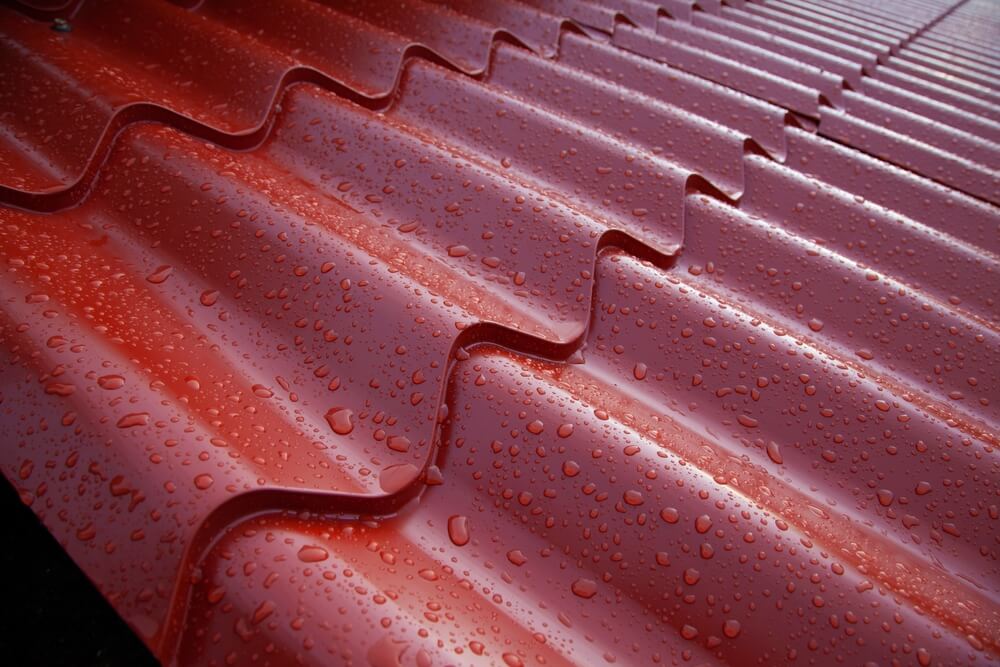
Material Quality
The quality of the metal used in the roofing plays a crucial role in determining its lifespan. Higher-grade metals such as aluminum, copper, and zinc typically last longer than lower-grade alternatives. For instance, a copper roof can last over 100 years, while a galvanized steel roof may last between 40 to 70 years. Investing in premium materials upfront can ensure a longer-lasting roof.
Installation Expertise
Even the best materials can fall short if not installed correctly. Professional installation by experienced contractors ensures that the roof is properly fitted, sealed, and fastened. Poor installation can lead to premature wear and tear, leaks, and other issues that can drastically reduce the lifespan of your metal roof.
Key Benefits of Metal Roofs
Longevity
One of the most compelling reasons to choose a metal roof is its impressive lifespan. Compared to traditional asphalt shingles, which typically last 20 to 30 years, metal roofs offer superior longevity. With proper maintenance, a metal roof can easily last 50 years or more, making it a cost-effective investment in the long run.
Durability and Resistance
Metal roofs are known for their exceptional durability. They can withstand extreme weather conditions, including heavy snow, hail, high winds, and even fire. This resilience makes them a popular choice in areas prone to harsh climates and natural disasters. The protective coatings applied to metal roofs further enhance their resistance to rust, corrosion, and UV damage.
Factors Affecting the Lifespan of a Metal Roof
Environmental Conditions
The environment in which your metal roof is installed plays a significant role in its longevity. Areas with high humidity, salty air (near coastlines), or severe weather conditions can impact the roof’s lifespan. Regular inspections and maintenance can help mitigate some of these environmental effects and extend the roof’s life.
Maintenance Practices
Regular maintenance is key to ensuring your metal roof lasts as long as possible. This includes periodic inspections, cleaning, and addressing minor issues before they become major problems. Keeping gutters clear, checking for loose fasteners, and ensuring that sealants are intact can significantly prolong the roof’s lifespan.
Protective Coatings and Finishes
Modern metal roofs often come with protective coatings and finishes that enhance their durability and lifespan. These coatings can provide additional resistance to corrosion, UV rays, and other environmental factors. Over time, reapplying these coatings can help maintain the roof’s protective qualities and extend its life.
Comparing Metal Roofs to Other Roofing Materials
Asphalt Shingles
While asphalt shingles are a popular choice due to their affordability and ease of installation, they generally have a shorter lifespan compared to metal roofs. Typically, asphalt shingles last between 20 to 30 years, requiring more frequent replacement and maintenance over time.
Tile and Slate Roofs
Tile and slate roofs can also offer impressive lifespans, often comparable to or even exceeding those of metal roofs. However, they are typically heavier and more expensive to install. Metal roofs offer a lighter alternative with similar longevity, making them a versatile and cost-effective option.
Conclusion
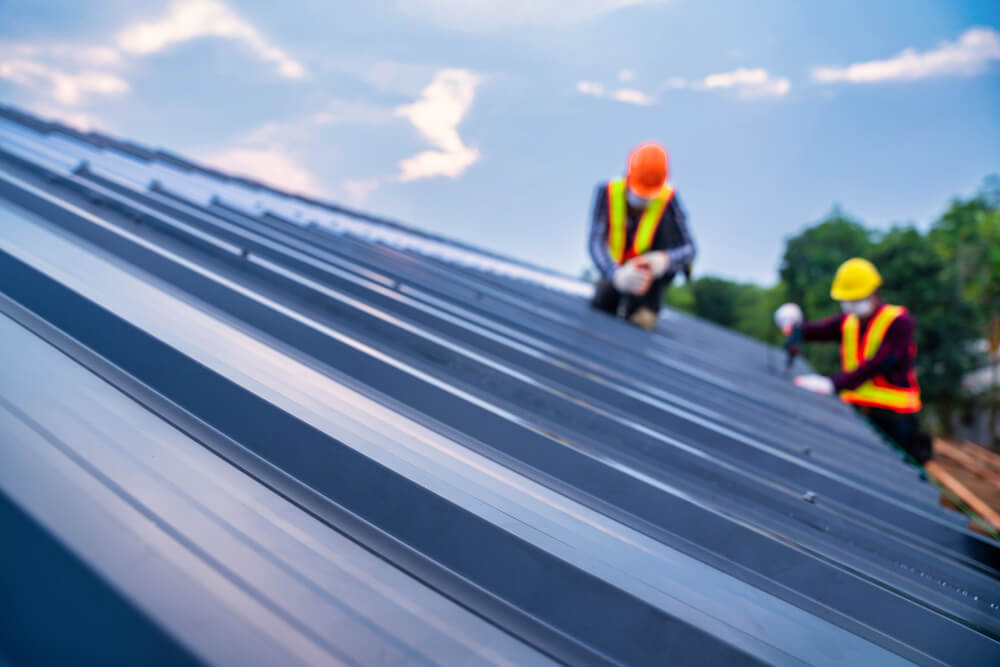
So, how long does a metal roof last? With proper care and maintenance, a metal roof can last anywhere from 40 to 100 years or more, depending on the material and environmental factors. This impressive lifespan, coupled with durability and resistance to extreme weather, makes metal roofs a smart investment for many homeowners. By understanding the factors that affect a metal roof’s lifespan, you can make an informed decision and enjoy the benefits of a long-lasting, reliable roofing solution. For more information and professional advice, contact us at DryTech Exteriors today.

